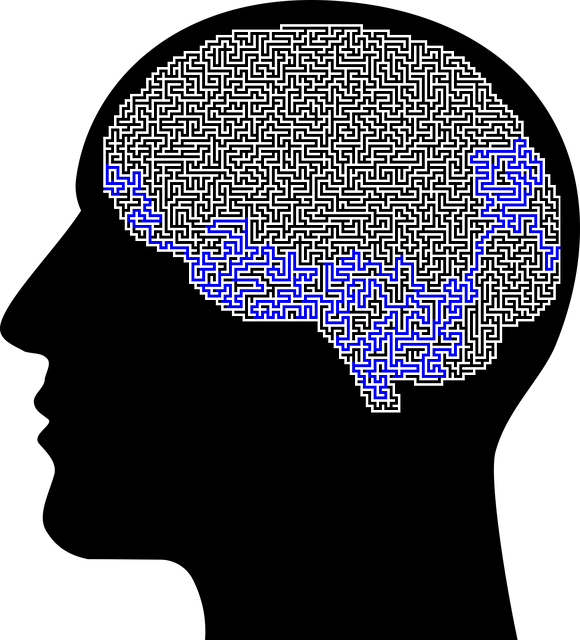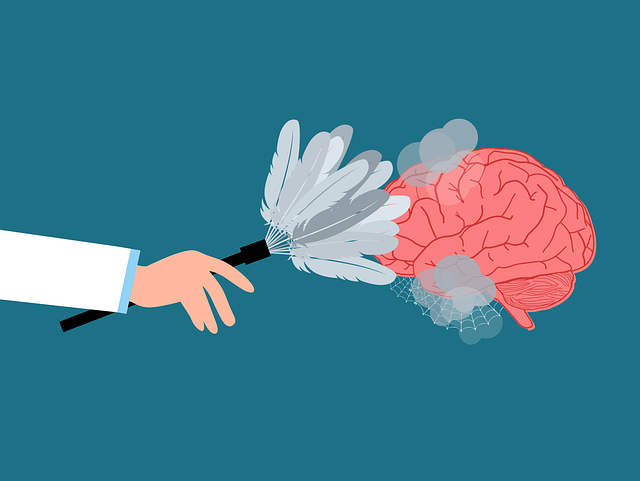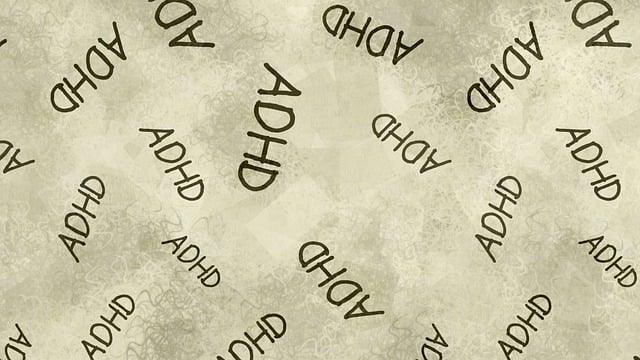Postpartum depression (PPD), a global concern, requires early intervention due to its severe consequences. The "golden" therapy emphasizes professional support, self-care, mindfulness meditation, and specialized cognitive-behavioral or interpersonal therapy. This holistic approach, highlighted in Unlocking the Benefits of Mindfulness Meditation, equips new mothers with coping mechanisms, fostering inner peace and resilience against PPD. By integrating mindfulness into daily routines through breath awareness and non-judgmental thought observation (as little as 10-15 minutes daily), mothers can effectively manage symptoms and enhance well-being, integral components of the Golden Postpartum Depression Therapy framework.
Postpartum depression (PPD) affects many new mothers, impacting their daily lives and well-being. In this article, we explore a powerful therapy approach—mindfulness meditation—as a potential golden tool for managing PPD. Understanding the condition’s impact is crucial, and unlocking the benefits of mindfulness can be life-changing. We provide a step-by-step guide to help you incorporate this practice into your routine, offering a calm and effective way to navigate postpartum challenges.
- Understanding Postpartum Depression and Its Impact
- Unlocking the Benefits of Mindfulness Meditation
- Step-by-Step Guide to Incorporating Mindfulness Practice
Understanding Postpartum Depression and Its Impact

Postpartum depression (PPD) is a common yet often overlooked mental health challenge that can significantly impact new mothers. It’s more than just feeling ‘the baby blues’ after giving birth; it’s a severe form of depression characterized by persistent feelings of sadness, anxiety, and exhaustion. This condition can affect women worldwide, with various cultural and socioeconomic factors influencing its occurrence and manifestation. Recognizing the signs is crucial as PPD can have profound effects on both the mother and her child’s well-being.
The golden therapy for PPD involves a combination of professional support, self-care practices, and coping skills development. Compassion cultivation practices have proven effective in fostering resilience and reducing symptoms. Crisis intervention guidance can provide immediate relief during intense episodes. Moreover, seeking specialized therapy, such as cognitive-behavioral or interpersonal approaches, can offer tailored strategies to navigate the challenges unique to new motherhood.
Unlocking the Benefits of Mindfulness Meditation

Unlocking the Benefits of Mindfulness Meditation
Mindfulness meditation has emerged as a powerful tool for navigating life’s challenges and cultivating inner peace. For new mothers, in particular, it offers a golden pathway to postpartum depression therapy, serving as an effective antidote to the emotional rollercoaster that often follows childbirth. By focusing on the present moment and accepting thoughts and feelings without judgment, mindfulness helps break free from negative thought patterns that can lead to isolation and despair. It’s not just about calming the mind; it’s about building resilience and fostering a sense of self-compassion.
Integrating communication strategies and compassion cultivation practices into regular meditation routines can further enhance these benefits. Sharing experiences with supportive trauma support services or joining mindfulness groups also enriches the journey, providing opportunities for connection and understanding. This holistic approach equips new mothers with valuable coping mechanisms, enabling them to embrace the transformative power of mindfulness in their postnatal lives.
Step-by-Step Guide to Incorporating Mindfulness Practice

Incorporating mindfulness into your daily routine can be a powerful tool for managing stress and boosting self-awareness, especially for those looking to overcome postpartum depression. Here’s a step-by-step guide to help you get started:
1. Begin with Breath Awareness: Start each session by focusing on your breath. Sit comfortably and pay attention to the sensation of air flowing in and out of your body. Notice the rise and fall of your chest or abdomen as you breathe naturally, without trying to control it. This simple act anchors you in the present moment and sets the foundation for mindfulness practice.
2. Observe Without Judgment: As you continue, expand your awareness to include bodily sensations, thoughts, and emotions that arise. Notice them without judgment or attachment. Think of yourself as an impartial observer watching these mental and physical events pass through like clouds in the sky. This non-judgmental attitude is key to cultivating mindfulness; it allows for acceptance and a deeper understanding of your inner experience.
3. Practice Regularly: Consistency is crucial for reaping the benefits of mindfulness. Aim to practice for just 10-15 minutes each day, preferably at the same time each day, to create a routine. Over time, you can gradually increase the duration as you become more comfortable with the process. Regular mindfulness practice has been shown to enhance well-being and reduce symptoms of depression, making it an invaluable tool in your Golden Postpartum Depression Therapy toolkit.
4. Integrate Mindfulness into Daily Activities: Once you’re more proficient, incorporate mindfulness into everyday activities like walking, eating, or even doing household chores. Pay close attention to the experience, engaging all your senses fully in each moment. This ‘mindful living’ approach can help you develop a deeper connection with yourself and your surroundings, fostering greater confidence and self-awareness exercises that extend beyond formal meditation sessions.
5. Embrace Stress Management Techniques: Mindfulness is an excellent tool for managing stress. When you feel stressed or anxious, take a few mindful breaths, focusing on the sensation of air calming your mind and body. This simple intervention can help ground you in the present moment, reducing feelings of overwhelm. Over time, regular mindfulness practice may even enhance your overall resilience to stress, contributing to improved mental health.
Mindfulness meditation emerges as a powerful tool in navigating postpartum depression, offering a gentle and effective approach to healing. By understanding the impact of this condition and unlocking the benefits of mindfulness, individuals can embark on a journey towards improved mental well-being. The step-by-step guide provided serves as a roadmap, enabling one to incorporate mindfulness practices into their daily routine. Embracing mindfulness as a form of Golden Postpartum Depression therapy can be life-changing, fostering resilience and enhancing overall mental health.














